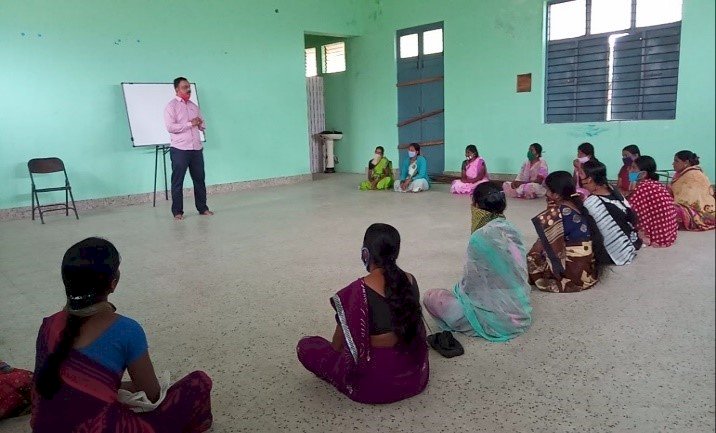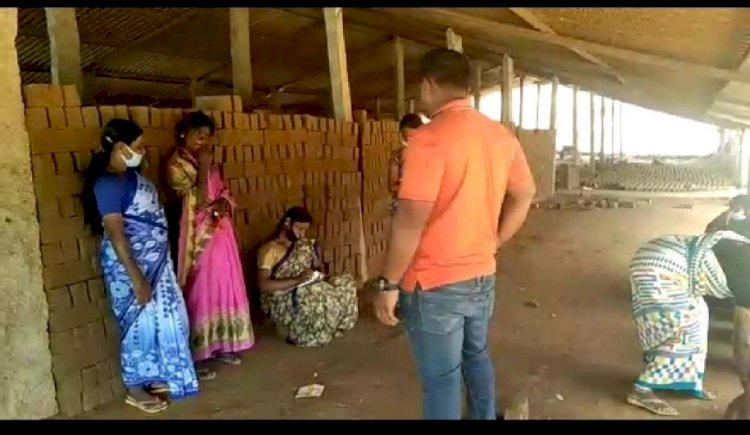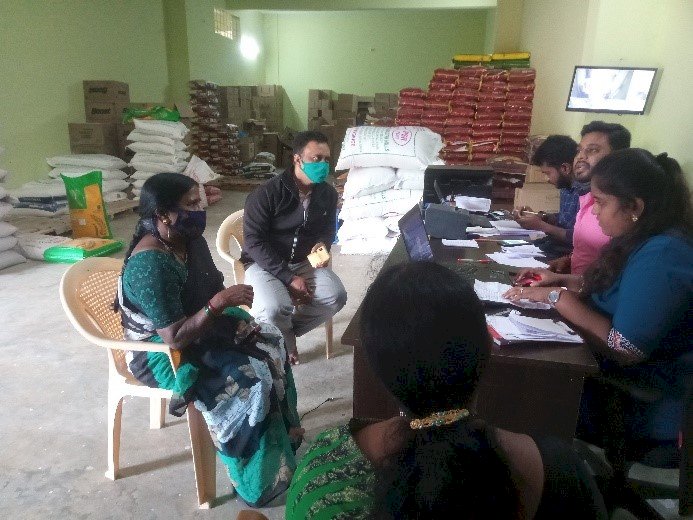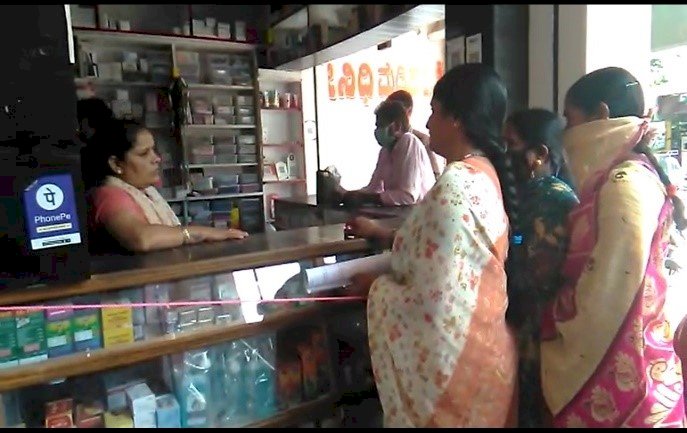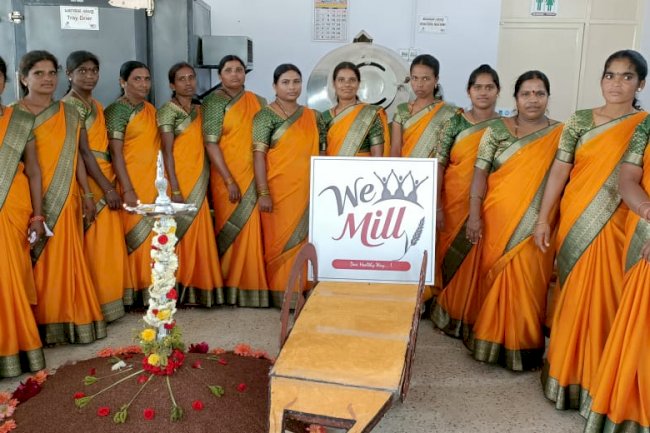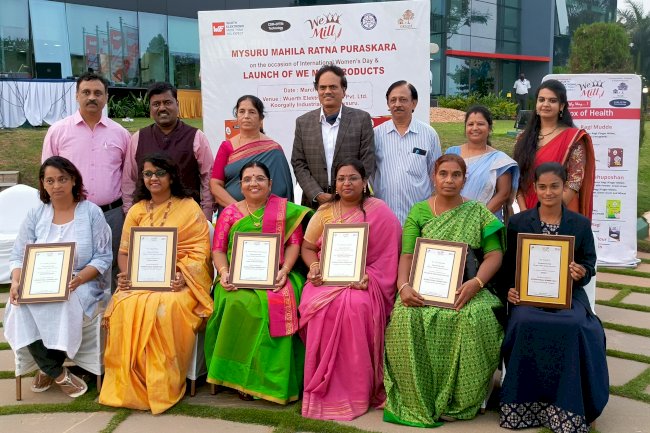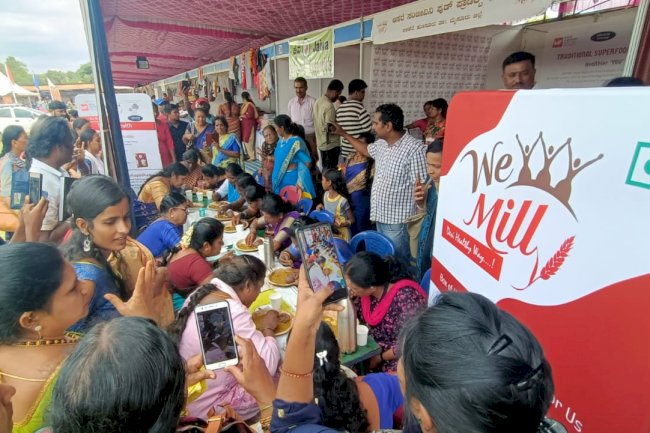Empowering Women through Social business - Enabling rural livelihood during pandemic
In view of empowering the marginalized communities and addressing the rural distress, GRAAM initiated a social business to empower rural women and support a sustainable livelihood in rural Mysuru.
COVID 19 has not only brought a health crisis but has also triggered an unfolding economic crisis. Huge migration from the urban areas resulted in declining livelihood opportunities for the poor and the marginalized. All these factors intensified the livelihood vulnerability in the rural households.
In view of empowering the marginalized communities and addressing the rural distress, GRAAM initiated a social business to empower rural women and support a sustainable livelihood in rural Mysuru.
As the key stakeholders of this social business, women will produce millet-based value-added products under this project. GRAAM as a facilitator will support in establishing the manufacturing unit. GRAAM’s experience in sustaining such livelihood projects in this instance is being supported by the WUERTH ELEKTRONIK INDIA Pvt. Ltd., a world market leader in the assembly and fastening materials, under its Corporate Social Responsibility program. The project is being technologically supported by Mysuru’s pioneer food research institute, CFTRI. It has assured of providing technology guidance to make this business model workable in rural areas.
This project is developed as a model project with a special focus on sustainability and it can be scale up and replicate in the similar geography to create rural wealth and employment to the needy people.
In order to make this project more effective GRAAM has adopted activity-based selection process and has identified the most potential candidates for the enterprise. Same has been followed in innovative geography selection methods and while developing SoP for each stage. GRAAM has completed the preliminary works of the project such as product identification, market survey, geography identification, village profiling, selection of the entrepreneur & profiling and signing a MoU with CFTRI for their technical support etc.
GRAAM has scheduled a capacity building programme for the women entrepreneurs and enterprises in the second stage and it will resume soon after the completion of works planned in the first phase.
What's Your Reaction?







